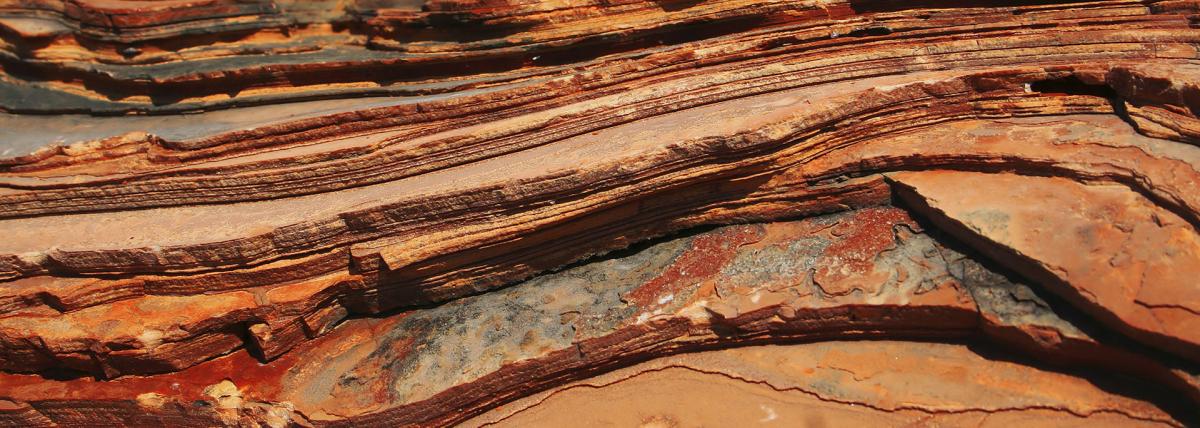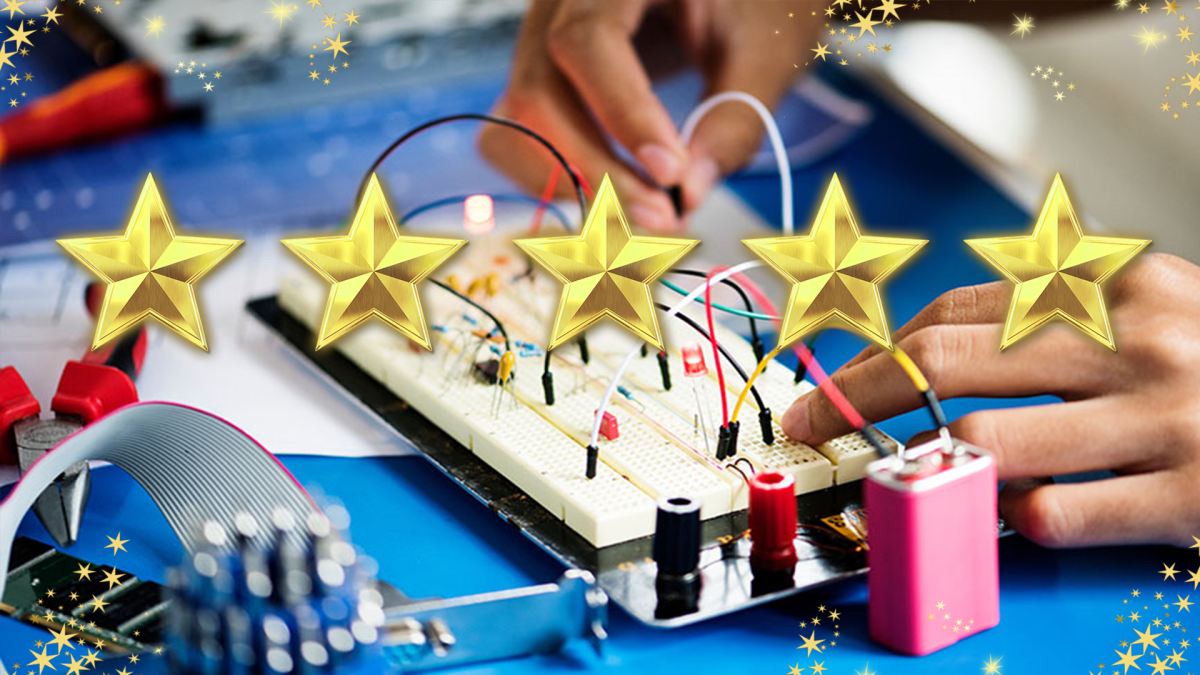Grades:
5th Grade
This lesson has an emphasis on explaining what is force. It also has an emphasis on explaining how you can see and measure force. For this lesson you need several empty plastic bottles, rubber bands
Grades:
2nd Grade
In this engaging lesson, students research ramp usage as a class, identify the problem of Dash Dot vs stairs, design a ramp for a Dash Dot, and test the ramp while making connections to literature and
Grades:
4th Grade
This 90-minute lesson is focused on ELA with integration on Science and Engineering. The lesson will discuss about Ecology for Kids which target skill is getting the main idea and supporting details
Grades:
5th Grade
This engaging lesson places an emphasis on how oil adversely affects the environment and animal habitats. Students complete a hands-on activity to replicate an oil spill and then develop a
Grades:
8th Grade, 9th Grade, 10th Grade
In this lesson, students will be introduced to the concept of osmosis, then investigate how solutions of various salt concentrations influence the size of plant cells.
Grades:
3rd Grade
Students will describe the role of pollinators and explain their effects. They will be able to identify how the life cycle of a plant and a pollinator are connected. Students will also get to explore
Grades:
5th Grade, 6th Grade
This hands-on lesson has students create a barometer using a jar, balloon, stir stick and tape. They collect data over a span of time and graph it to understand how a barometer works and how it
Grades:
5th Grade
In this lesson, students will create a model of the solar system by shrinking the dimensions of the distances. Students will read an informational text about the features of the planets and view a
Grades:
9th Grade, 10th Grade
In this lesson plan, students make use of their knowledge about homoestasis, osmosis, and types of solutions to design their own science investigation that will enable them to prove and answer: Why it
Grades:
3rd Grade
SUMMARY: This lesson challenges 3rd grade students to apply their knowledge of the physics of light by having them design, create, and test an obstacle course that their beam of light must navigate
Grades:
6th Grade, 7th Grade, 8th Grade
This is an 8-lesson unit that is designed to be used together to learn about the health and diversity of your local watershed by placing leaf packs into a water source (natural or man-made ponds
Grades:
3rd Grade
In this lesson, students will create a unique animal and then describe & draw it in a specific habitat. The students will determine what adaptations the animal needs to survive in the habitat and
Grades:
3rd Grade
Students will tend to their garden boxes and observe the plants that are starting to grow. Students will take measurements and start a graph on growth throughout the growing cycle of their garden
Grades:
6th Grade, 7th Grade, 8th Grade
This hands-on science lesson will help students get a more accurate view of the solar system by making a scale model with play dough, balloons, rulers, and tape!
Grades:
11th Grade, 12th Grade
This will be a 1 class period laboratory. It should take about 45-60 minutes. Students will be making a wet-mount slide of pollen that they collected or that was provided. They can look at prepared
Grades:
Kindergarten
This is a hands-on lesson about shapes! After listening to Jack and the Beanstalk, students will look at a collage of castles and try to identify shapes that they see in the construction of the
Grades:
6th Grade, 7th Grade, 8th Grade
This is an 8-lesson unit that is designed to be used together to learn about the health and diversity of your local watershed by placing leaf packs into a water source (natural or man-made ponds
Grades:
6th Grade, 7th Grade, 8th Grade
This is an 8-lesson unit that is designed to be used together to learn about the health and diversity of your local watershed by placing leaf packs into a water source (natural or man-made ponds
Grades:
6th Grade, 7th Grade, 8th Grade
This is an 8-lesson unit that is designed to be used together to learn about the health and diversity of your local watershed by placing leaf packs into a water source (natural or man-made ponds
Grades:
5th Grade
In this engaging and hands-on lesson, students will learn how crime scene investigators use science and engineering techniques and technology to solve crimes. Students will match substances based upon
Grades:
6th Grade
Students will be thinking like engineers as they design their marble roller coasters using the principles of kinetic and potential energy.
Grades:
6th Grade, 7th Grade, 8th Grade
This is an 8-lesson unit that is designed to be used together to learn about the health and diversity of your local watershed by placing leaf packs into a water source (natural or man-made ponds
Grades:
6th Grade, 7th Grade, 8th Grade
This is a two- part lesson using pull back cars. Students will change the mass of their pull back cars to determine if the mass affects the distance they travel or their speed. This engaging lesson
Grades:
3rd Grade
In this engaging lesson, students will create their own parade float using recyclable materials and code a parade route using Dash robots. Students will do this after hearing the story "Balloons over
Featured Lesson Plans
Check out these notable lesson plans.

Grades:
4th Grade
This interactive 4th-grade lesson plan focuses on erosion and weathering, key concepts in understanding Earth's geology. In "Dynamic Earth," students use an interactive simulation to explore how

Grades:
4th Grade
Explore Coal Mine Canyon's wonders! Watch a documentary, read about geology, draw the canyon, and use tech to learn about geological layers. Fun, interactive learning awaits!

Featured
Makey Makey with The Bionic Kid
Grades:
4th Grade
Imagine how cool it would be to build a video game controller out of bananas! In this engineering design challenge, you will learn how to use everyday items and a Makey Makey kit to design a
